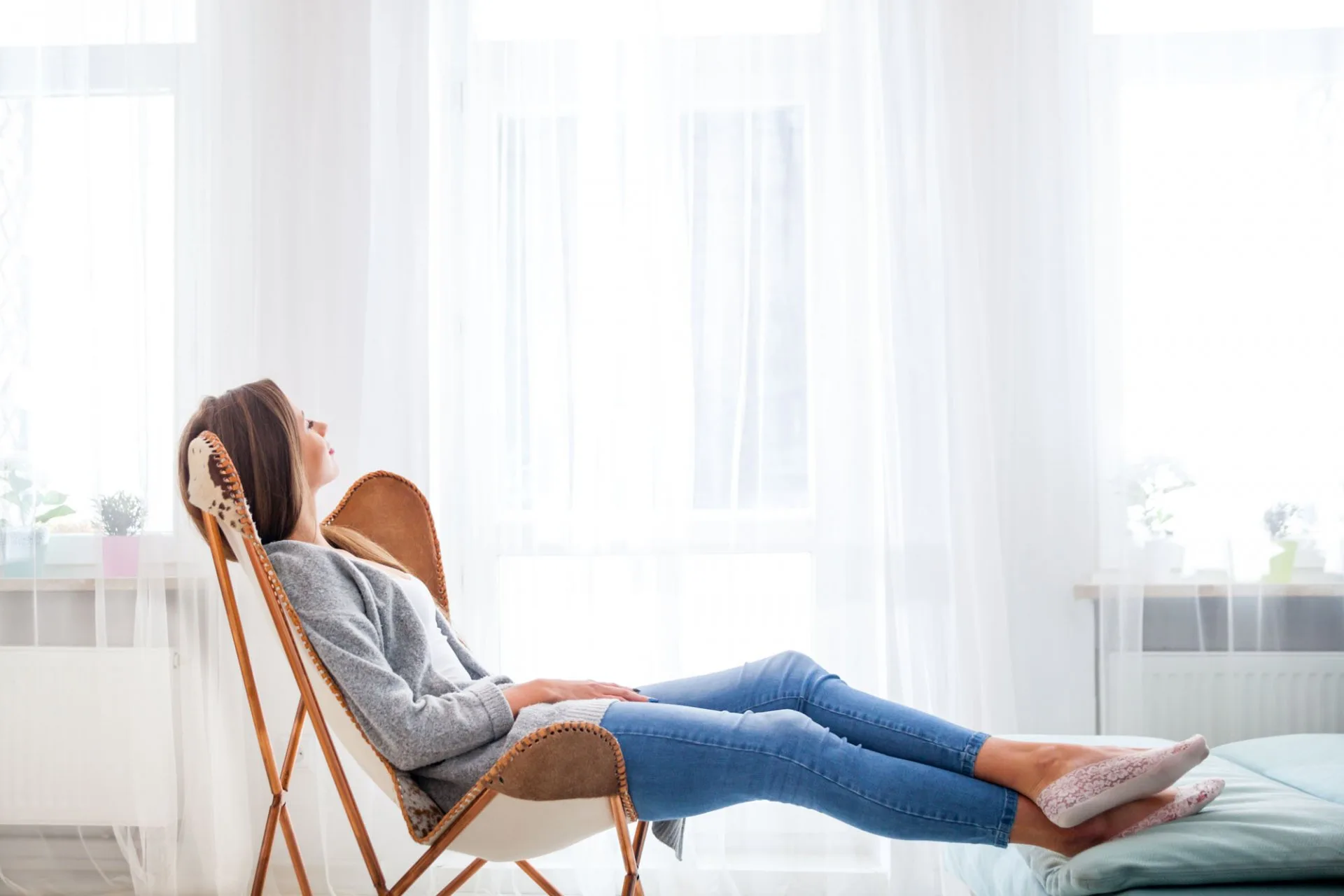According to the World Health Organization, mental health disorders such as anxiety and depression cost around US$1 trillion globally in lost productivity each year (1). With the new work year upon us, coupled with long demanding working hours and minimal vacation time, it’s easy for our jobs to leave us exhausted and emotionally drained. As a result, our mental and physical health, as well as our work performance, is affected thus jeopardizing your professional health for 2020.
That said, we soon begin to wake up with dread, and face increased stress at the thought of going to work. However, being exhausted and emotionally drained doesn’t necessarily mean that you have to quit your job. Rather, you likely just need to take a break – mental health days in fact. In doing so, you’ll help to maintain your professional, mental and physical health throughout the year.
What is a mental health day?
While there has yet to be an official definition, a mental health day can refer to one taking a day off from work as they’ve been feeling emotionally exhausted, which may soon put a strain on their mental health.
Taking a mental health day allows us to recharge, and better protect our mental health. In fact, protecting your mental health can help to reduce your risk of depression, boost your self-esteem and even improve the relationships that you have with people around you.
If you still need more convincing as to why you should allocate a mental day or two into your 2020, read on for more.
4 Reasons to take mental health days
1. It can improve your concentration

If you’re battling with focusing at work, you may benefit from taking a mental health day.
This is because stress, according to research published in Nature, can affect your cognitive abilities. In doing so, it reduces your ability to concentrate, and it also affects your learning and memory capabilities – capabilities that you need to be productive at the office.
However, taking a mental health day will help to reduce stress and this will then offer a cognitive benefit, boosting your concentration and memory skills.
2. You’ll sleep better
Stress associated with work, as well as the need to meet deadlines, can jeopardize your ability to get some much-needed rest. Pulling all-nighters and fretting over boardroom meetings is not the best way to ease yourself into 7-8 hours of necessary sleep.
However, taking a mental health day, which you’ll likely spend doing something you enjoy, will help you unwind, and make you more relaxed for your bedtime. In fact, you can also spend your mental health day taking a nap, as this has also been proven to provide a number of benefits.
3. You’ll boost your productivity at work
If you’re battling with your mental health, and you feel that your work is beginning to suffer as a result of it.
So taking a mental health day is exactly what you need. In fact, research published in the Journal of Management found that regular mental breaks can result in much higher productivity in the office. Taking a break won’t only boost your productivity, but it will also do the same for your creativity, both of which will be incredibly beneficial to your job.
4. You’ll reduce your risk of anxiety
Unfortunately, long-term stress can eventually result in an overwhelming feeling of anxiety, leaving us feeling hopeless and depressed.
However, taking a mental health day, which can be spent engaging in stress-relieving activities such as mediation, can help to alleviate any lingering feelings of anxiety – which will also help to better your overall health.

Taking a mental health day
You don’t have to be battling some form of mental health disorder in order to take a mental health day. At the end of the day, if you’re starting to feel overwhelmed, stressed, and irritable, as well as having trouble focusing at work or at home, then you may want to take a mental health day.
That said, despite the strides that have been made in the past decade to combat the stigma associated with mental health, a lot of people would still rather not take mental health days. This is because they feel guilty, and are worried about being perceived as weak. However, it’s important to not listen to these dangerous thoughts. Rather, make a conscious decision to always prioritize your mental health. Admitting that your mental health is not where you need it to be is the first step. Henceforth, you shouldn’t worry about judgment from your colleagues.
Additionally, the World Health Organization has shown that companies who prioritize their employee’s mental health often enjoy a healthy and productive workplace (1).
How do I spend my mental health day?
How you spend your mental health day is often dependent on what you are in need of the most.
Perhaps you’d feel better taking a short nap, and then maybe going for a walk. Additional activities include yoga, going for a swim, getting a massage, or even immersing yourself in a good book.
Additionally, you can also make a conscious effort to further protect your mental health following your day off. One way to do this would be by creating a list of factors that you believe have become detrimental to your mental health. Following this, you can then examine the list as well and make plans to address these issues. Granted you’re not going to come to a solution in one day, but making the first step is always important.

It’s important not to binge-watch TV or smoke and drink on your mental health day. Additionally, stay clear of junk food and social media. Also, do your best not to wallow in negative emotions. This is because these activities will do more harm than good, making your mental health day futile.
What if I need more than a day off?
Are you starting to feel like you need mental health days every day? If so, your mental health may be at risk.
Mental health days are a great way to recharge your batteries and give yourself a much-needed emotional-health boost. However, they’re not a cure-all. This is especially true if you begin to experience more severe symptoms of anxiety and depression.
Henceforth, if you or a loved one needs help please reach out to a center near you. In most countries, there are support groups on hand to help, including national suicide prevention and addiction centers.
References
Good, D. J. et al. (2016) ‘Contemplating Mindfulness at Work: An Integrative Review’, Journal of Management, 42(1), pp. 114–142. doi: 10.1177/0149206315617003.
Vogel, S., Schwabe, L. Learning and memory under stress: implications for the classroom. npj Science Learn 1, 16011 (2016) doi:10.1038/npjscilearn.2016.11





![women [longevity live]](https://longevitylive.com/wp-content/uploads/2020/01/photo-of-women-walking-down-the-street-1116984-100x100.jpg)









